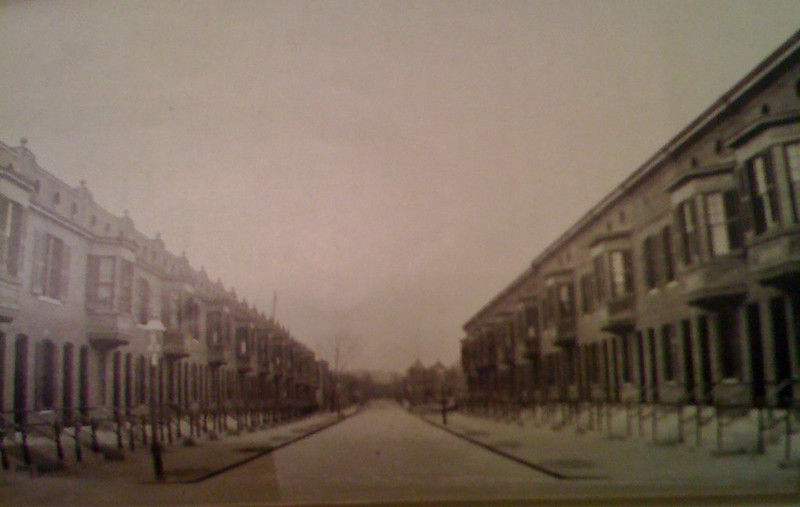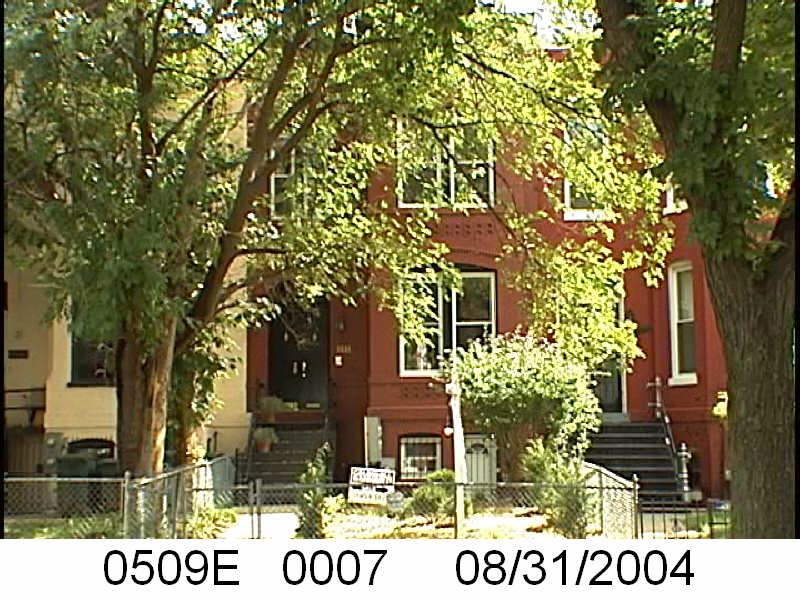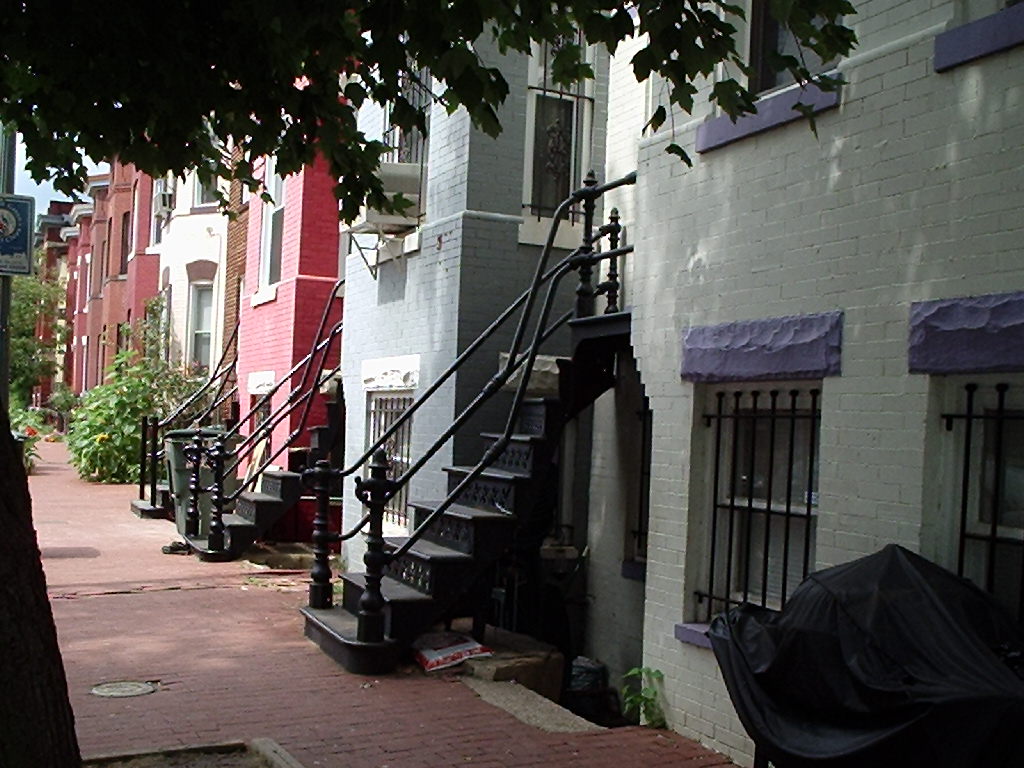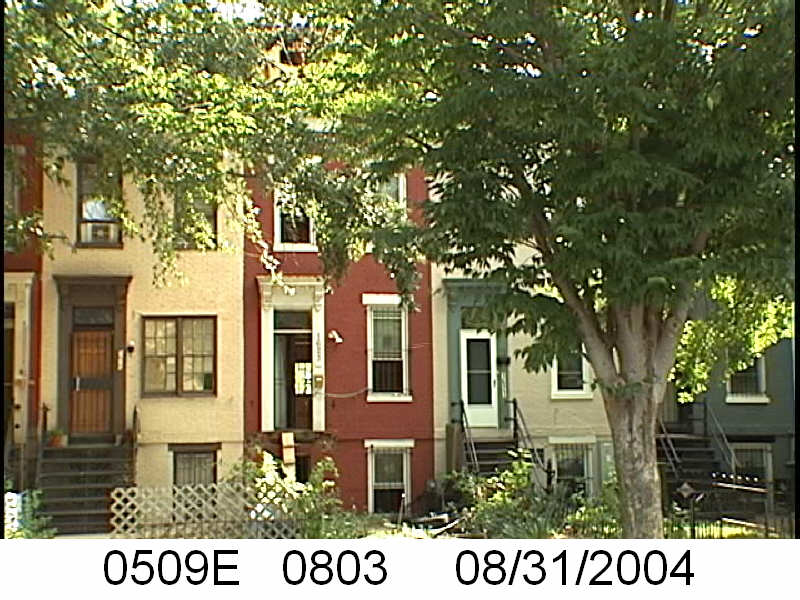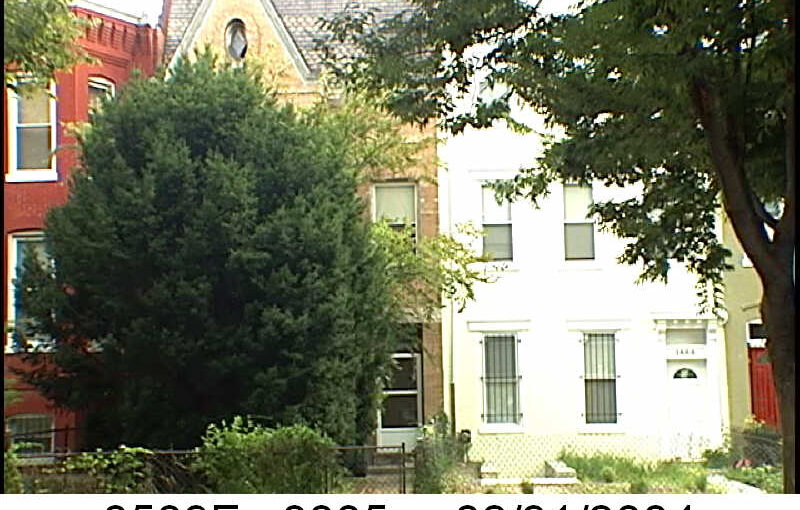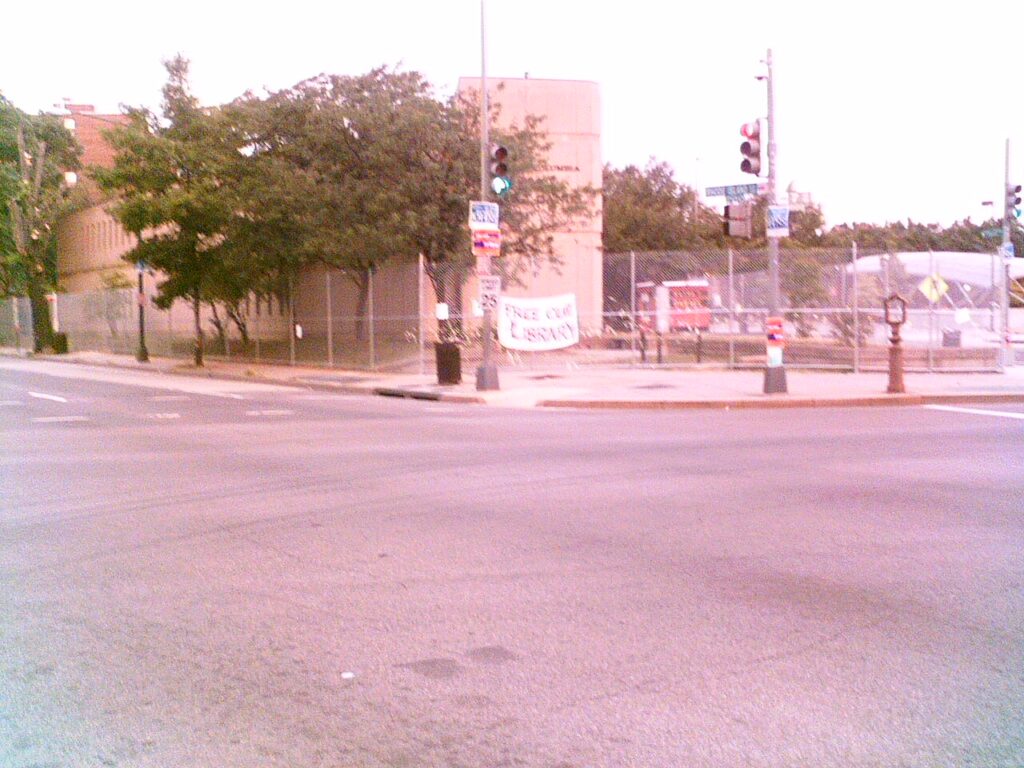1627 New Jersey Avenue NW has been reviewed before, when it was owned by another African American owner, Ernest Lomax the plumber. There was a strong connection between the Lomax and Downing families, not reviewed before.
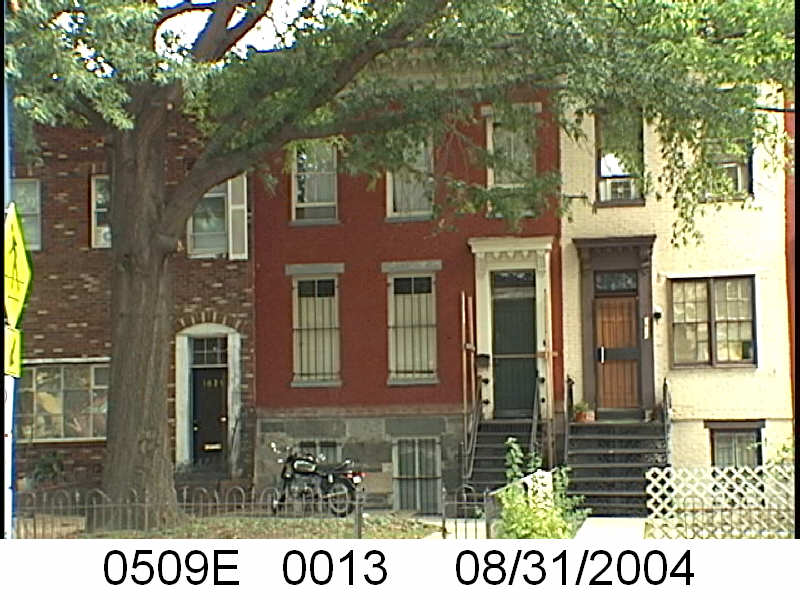 So a quick recap- Ernest Lomax first appeared at 1627 NJ Ave NW in the 1919 city directory. He married a woman named Mamie and in the 1930 census her relatives, the Downings lived with them. Ernest Lomax died April 17, 1941. In 1946 the property was transferred to Mamie M. Lomax, and her male relatives, Edward H. , Elmer H. and Leon E. Downing.
So a quick recap- Ernest Lomax first appeared at 1627 NJ Ave NW in the 1919 city directory. He married a woman named Mamie and in the 1930 census her relatives, the Downings lived with them. Ernest Lomax died April 17, 1941. In 1946 the property was transferred to Mamie M. Lomax, and her male relatives, Edward H. , Elmer H. and Leon E. Downing.
Because of the connection via Mamie Downing Lomax I took another look at the land records from Lomax to Downing.
Mamie Downing was born September 1880/1879 in DC to Horace and Sophia Garnett Downing. In the 1880 census they lived at 211 L St and the census taker identified them as Black (as opposed to mulatto). In the 1900 census the family, including 13 year old brother Edward Horace Downing, lived at 172 Pierce Street NW. Their 47 year old father was a restaurant waiter, Mamie was a dressmaker and Edward was a lamplighter. In 1905 Mamie was a Federal employee working at the Bureau of Engraving & Printing as a Printers Assistant, making $1.50 a day. The 1910 census had them at 124 Pierce St NW and without Edward being there, they were perceived as mulatto. Edward was there at some point because the 1909 city directory has him there. I’ll do Edward’s bio after the fold.
In the 1913 city directory, Mamie Downing shows up at 1627 New Jersey Ave NW. So does father Horace, listed as a bartender and brother Edward, who was working for the Government Printing Office. Mamie was still working at the Bureau of Printing & Engraving. Looking back at the land records, in June 1922, Ernest Lomax, paid off a 1912 mortgage with the Washington Loan and Trust Company. Lomax purchased the house in April 1912. In 1913 the Lomaxs were living elsewhere (337 L SW & 211 G St NW). By 1920, Mamie and Ernest are married.
In my post about Ernest Lomax, I assumed his much younger wife moved her relatives in with her. Apparently, they were there all along.
As mentioned previously, Ernest died in 1941. In 1946 there are two deeds to transfer the property into the names of Mamie and her brother Edward and his two sons, Elmer & Leon.
In the 1940 census the ‘renting’ residents of 1627 NJ Ave NW are Robert Downing (a previously unmentioned brother) who worked for the Govt. Printing Office, as head of household; his wife Ethel; Edward, also working for the GPO; Edward’s wife Virginia; and Herbert E. Lomax, the son of the late Ernest Lomax, a laborer. I do wonder what the dynamics of that household was. In 1944, Herbert E. Lomax was living at 406 Eye St NW when he married Gertrude Mills. Herbert died 01/05/1949 at 406 I Street NW he had no children. Mamie died October 14, 1949, her funeral was held at the Nineteenth St Baptist Church.
By the 1950 census, Edward Downing is the head and after the death of his sister, Mamie, the owner of 1627 NJ Av NW. So let’s now look at Edward. Continue reading Black Home Owners of Truxton Circle: Edward Downing- 1627 New Jersey Ave NW

